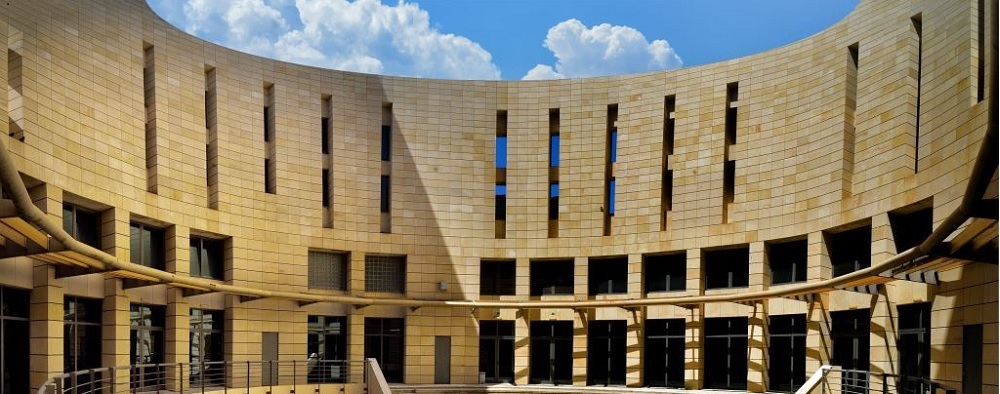Professional Rights
The professional rights of Graduate Electrical Engineers are determined by Law 6422/1934 on the exercise of the profession of Mechanical-Electrical Engineer, together with the relevant Royal or Presidential decrees. According to them, the framework of the rights regarding the study, the supervision of the construction and the supervision of the operation of electrical and mechanical installations is determined. The newest law 3982/2011 "Simplification of the licensing of technical professional and manufacturing activities" defines as "Professional Activities" the "works for the implementation of the design of a mechanical or electrical installation, for the construction of said installation, its maintenance, the supervision of its operation and the handling of its equipment, the provision of technical service, the execution of technical work, as well as related work". With article 228 of law 4072/2011, significant amendments were made to law 3982/2011, with the aim of expanding the regulated scope of activities. Law 4254/2014 liberalizes the exercise of the profession. Presidential Decree 99/2018 regulates the engineering profession by defining the professional rights for each specialty. Graduates of the School can carry out these activities by simply announcing and registering them in the respective registers of the General Secretariat of Industry. Detailed information on the applicable decrees is provided on the relevant website of the Technical Chamber of Greece.
Graduates of the ECE School, in accordance with the provisions in force at any given time, may engage in
a) teaching in University and Technological Educational Institutions, secondary education, and technical and professional training, public and private, at a theoretical, technological, and applied level in the scientific fields of IT and telecommunications listed above,
b) research in public and private research centers in the scientific fields listed above at a theoretical, technological, and applied level,
c) the offer of services IT units, in networks units, in computerization and technical services of ministries, in public organizations, in electronic communications businesses. In addition, they could work in IT services for banking, insurance, medical, energy, mass media, audio-visual production and processing companies; in transport, shipping, tourism, business consulting and high-tech companies.



